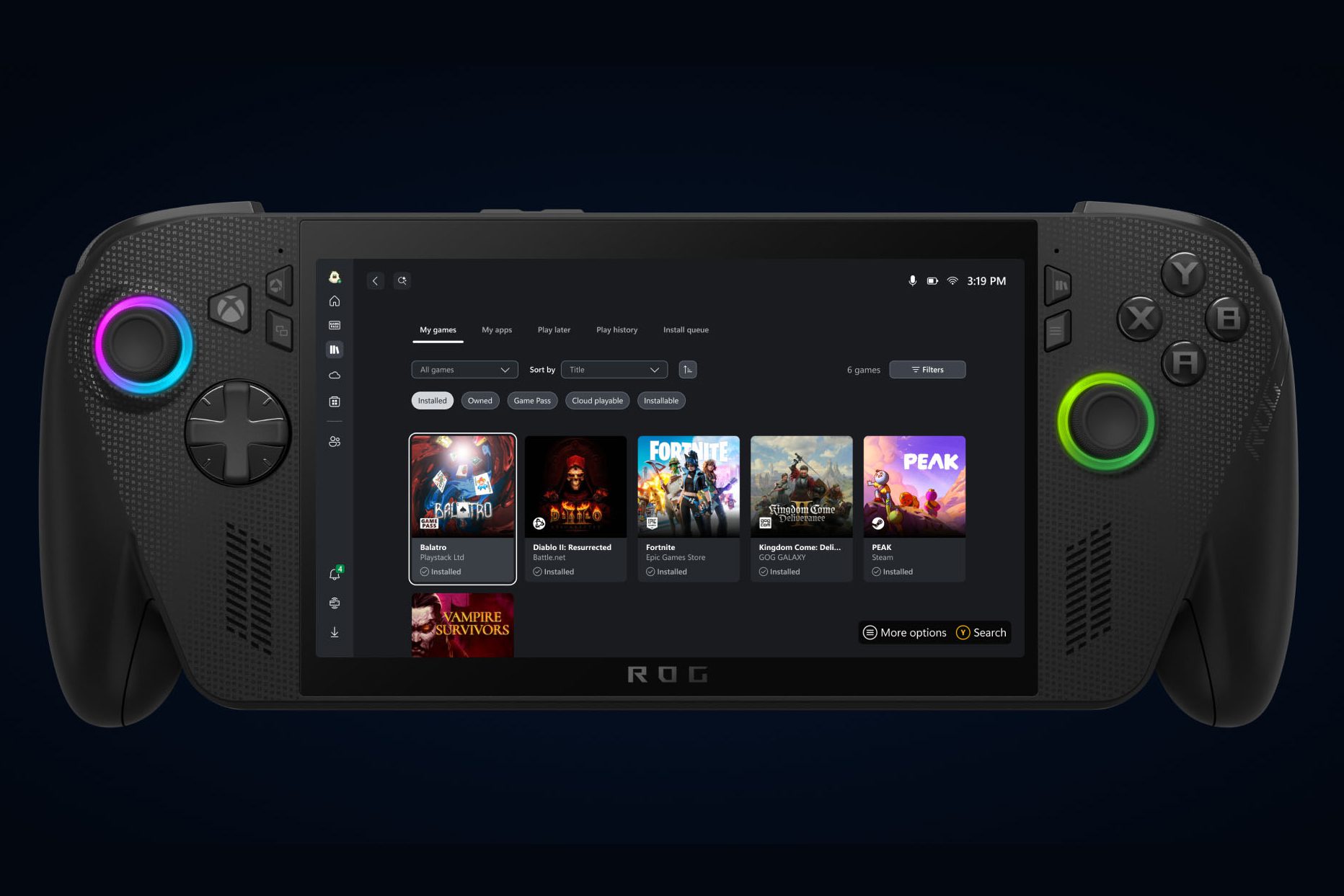
microsoft favors anthropic over openai for visual Microsoft is shifting its focus towards Anthropic’s AI models for its Visual Studio Code editor, indicating a strategic pivot in its approach to integrating artificial intelligence in software development tools.
microsoft favors anthropic over openai for visual
Introduction to AI in Visual Studio Code
Visual Studio Code (VS Code), a widely used code editor developed by Microsoft, has become a cornerstone for developers worldwide. Its flexibility, extensive features, and robust ecosystem of extensions have made it a preferred choice for many. As the demand for AI-driven tools in software development grows, Microsoft is enhancing VS Code with new capabilities that leverage artificial intelligence to improve coding efficiency and accuracy.
New Features: Automatic AI Model Selection
One of the most significant updates to VS Code is the introduction of automatic AI model selection. This feature aims to optimize performance by automatically choosing the best AI model for the task at hand. The models available for selection include Claude Sonnet 4, GPT-5, GPT-5 mini, and others. This functionality is particularly beneficial for GitHub Copilot users, who will experience enhanced coding assistance through tailored AI responses.
Implications for GitHub Copilot Users
For users of GitHub Copilot, the automatic model selection means that both free and paid users will experience different levels of AI support. Free users will have access to a variety of models, while paid users will primarily rely on Claude Sonnet 4. This distinction suggests that Microsoft is positioning Claude Sonnet 4 as a superior option for more advanced coding tasks, potentially leading to better performance and more accurate code suggestions.
Microsoft’s Strategic Shift
This move represents a tacit acknowledgment from Microsoft that it is favoring Anthropic’s AI models over OpenAI’s latest offerings, specifically GPT-5. Sources familiar with Microsoft’s developer plans have indicated that the company has been guiding its developers to utilize Claude Sonnet 4 in recent projects. This shift raises questions about the future of Microsoft’s relationship with OpenAI, especially given the latter’s prominence in the AI landscape.
Understanding Anthropic and OpenAI
Anthropic, founded by former OpenAI employees, has quickly gained recognition for its focus on creating safe and reliable AI systems. The company emphasizes the ethical implications of AI and aims to develop models that align with human values. Claude Sonnet 4 is one of its latest offerings, designed to assist developers in generating code and providing intelligent suggestions.
On the other hand, OpenAI has been a leader in the AI field, known for its groundbreaking models like GPT-3 and GPT-4. The anticipated release of GPT-5 has generated significant buzz, but Microsoft’s decision to prioritize Anthropic’s model suggests a shift in the competitive landscape of AI development tools.
Technical Aspects of the New Feature
The automatic AI model selection feature is designed to analyze the context of the coding task and determine which model will deliver the best results. This process involves evaluating factors such as the complexity of the code, the specific programming language in use, and the developer’s previous interactions with the AI. By leveraging machine learning algorithms, VS Code can make real-time decisions that enhance the user experience.
Performance Metrics
Performance metrics will play a crucial role in assessing the effectiveness of the automatic model selection feature. Microsoft will likely monitor various indicators, such as response time, accuracy of code suggestions, and user satisfaction. By collecting data on these metrics, the company can refine the AI models and improve the overall functionality of VS Code.
Stakeholder Reactions
The announcement of the automatic AI model selection has elicited varied reactions from stakeholders in the tech community. Developers are generally optimistic about the potential benefits of enhanced AI integration in their coding workflows. Many believe that the ability to choose the best model for specific tasks will lead to increased productivity and reduced coding errors.
Concerns and Criticisms
However, some concerns have been raised regarding the implications of Microsoft’s decision to favor Anthropic over OpenAI. Critics argue that this shift could stifle competition in the AI space, potentially limiting innovation. Additionally, there are worries about the long-term impact on OpenAI, especially if Microsoft continues to prioritize Anthropic’s models in its products.
The Future of AI in Software Development
The integration of AI into software development tools is still in its early stages, but the trajectory suggests a growing reliance on intelligent systems to assist developers. As companies like Microsoft continue to innovate, the landscape of coding and development is likely to evolve significantly. The automatic AI model selection feature in VS Code is just one example of how AI is being harnessed to improve the coding experience.
Potential Developments
Looking ahead, several potential developments could arise from this shift in AI model preference:
- Increased Collaboration: As Microsoft collaborates more closely with Anthropic, we may see further enhancements to VS Code that leverage Claude Sonnet 4’s capabilities.
- Expanded AI Features: Future updates could introduce additional AI-driven features, such as advanced debugging tools or predictive coding suggestions.
- Market Dynamics: The competition between AI providers may intensify, prompting both Anthropic and OpenAI to innovate rapidly to capture market share.
Conclusion
Microsoft’s decision to integrate automatic AI model selection in Visual Studio Code marks a significant shift in its approach to AI in software development. By favoring Anthropic’s Claude Sonnet 4 over OpenAI’s GPT-5, Microsoft is positioning itself to enhance the coding experience for developers. As the tech landscape continues to evolve, the implications of this strategic move will unfold, shaping the future of AI in coding and development.
Source: Original report
Was this helpful?
Last Modified: September 16, 2025 at 3:36 pm
26 views















